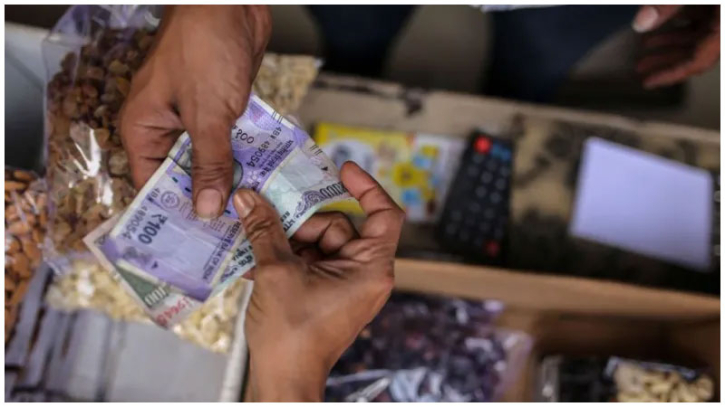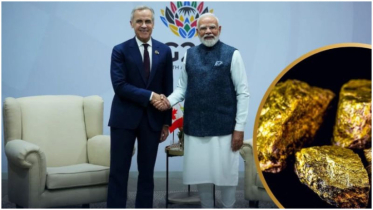India cuts GST rates to boost consumption, cushion impact of US tariffs

India has slashed taxes on hundreds of goods in a major overhaul of its Goods and Services Tax (GST), aiming to spur domestic demand and soften the blow of steep U.S. tariffs.
Finance Minister Nirmala Sitharaman announced Wednesday that the GST system has been simplified from four slabs to two—5% and 18%—with a separate 40% rate reserved for “sin goods” such as cigarettes.
Everyday items including food products, school supplies, insurance, and appliances like air conditioners will become cheaper under the new regime, while imported liquor and luxury cars will face higher levies. The revised rates take effect September 22, just ahead of India’s festive shopping season.
The announcement sparked a rally in Indian markets, with analysts predicting a consumption boost at a time when demand makes up about 60% of GDP. “This should directly lift demand, increase business volumes, and potentially improve corporate earnings while easing inflation,” said Shripal Shah, managing director at Kotak Securities.
The government has already rolled out a $12 billion income tax relief package this year, and the Reserve Bank of India has begun lowering borrowing costs to support growth. However, the latest GST cuts could cost the government as much as $6 billion in lost revenue, worrying some states that depend heavily on the tax. Economists argue stronger consumption may offset these losses.
The reforms also come amid escalating trade tensions. U.S. President Donald Trump has imposed 50% tariffs on Indian goods—including a 25% penalty linked to New Delhi’s purchases of Russian crude—and has threatened further sanctions.
Introduced eight years ago, GST was intended to replace a patchwork of state and federal levies, but it has long been criticized for its complexity. The streamlined structure removes many thresholds and exemptions.
Prime Minister Narendra Modi had promised a “tax bonanza” in his Independence Day address last month. On social media Wednesday, he said the changes would benefit farmers, the middle class, women, youth, and small traders, making it easier to do business across the country.
.png)




